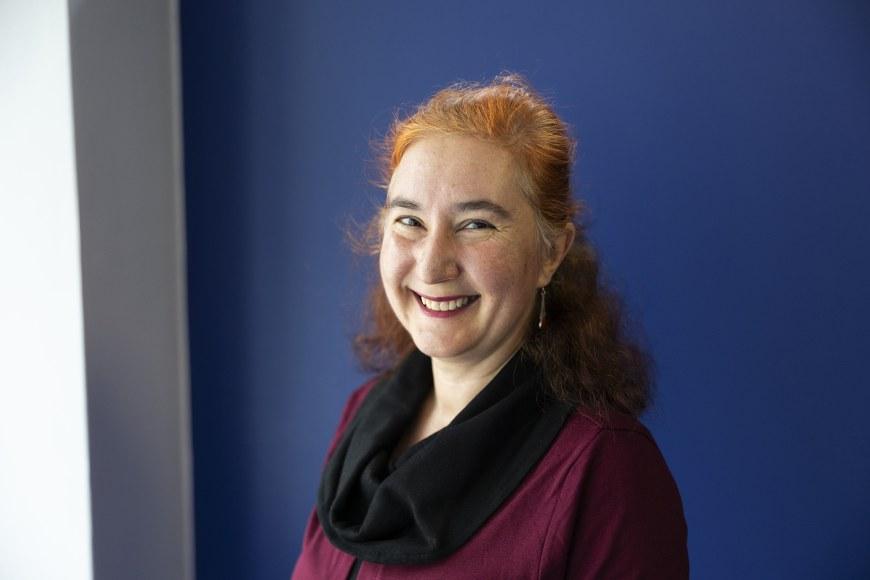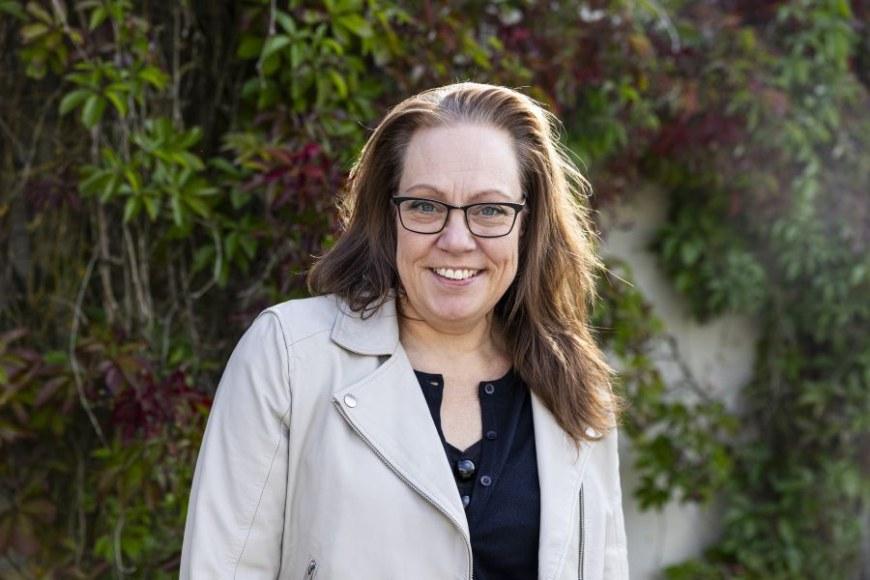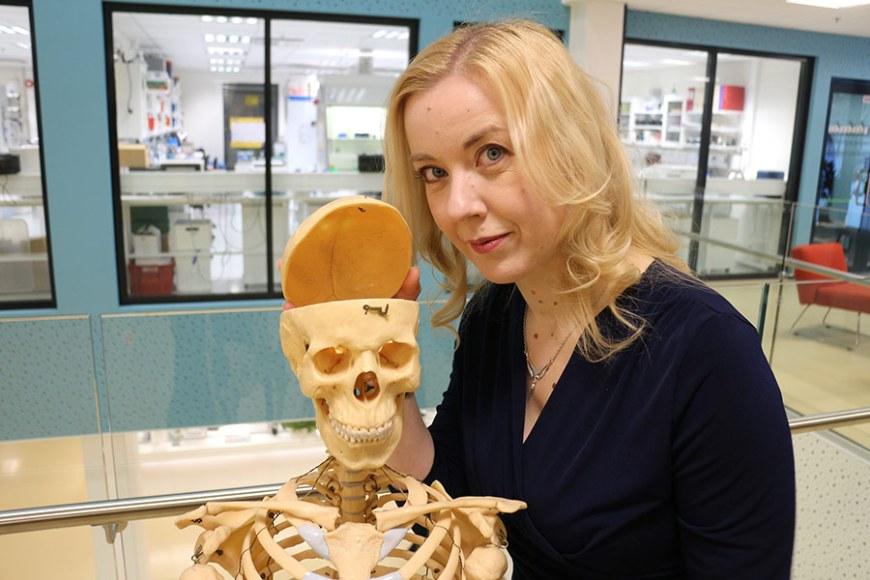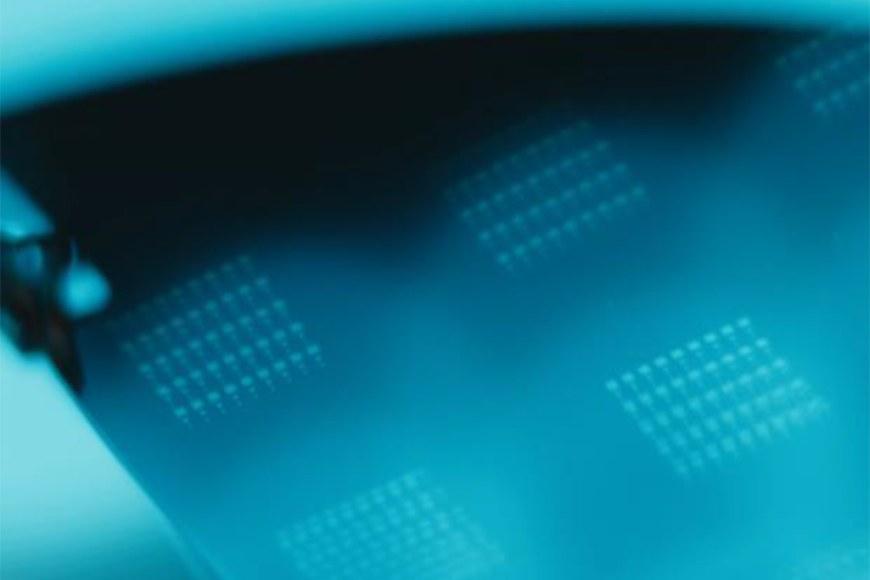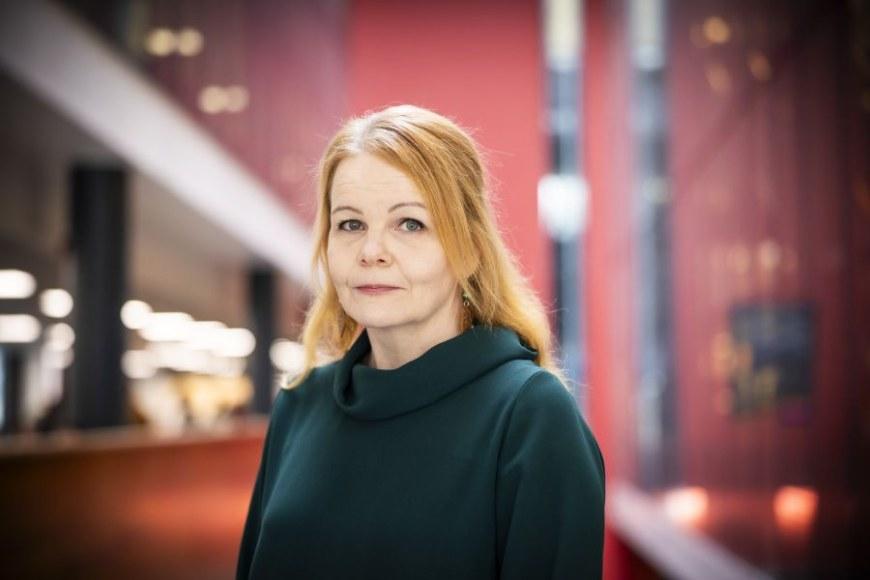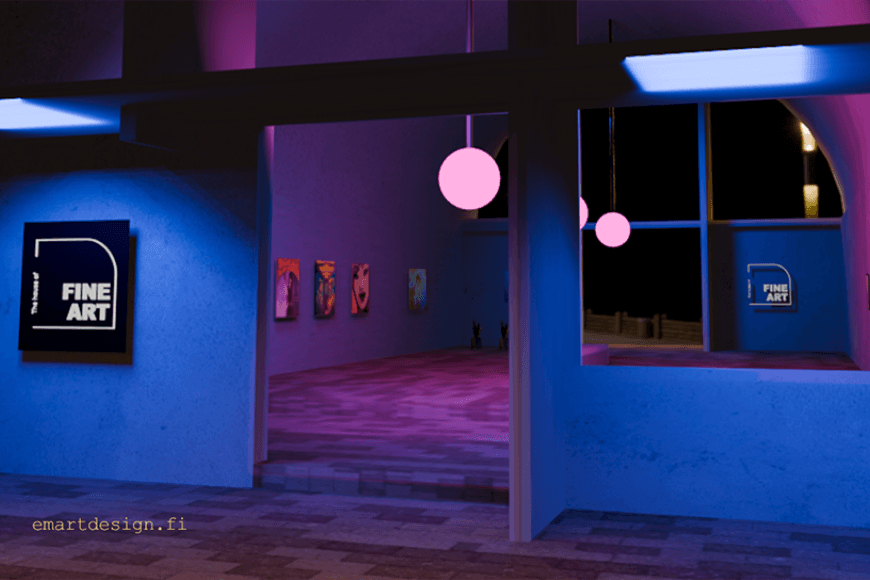New purification method improves workshop air quality
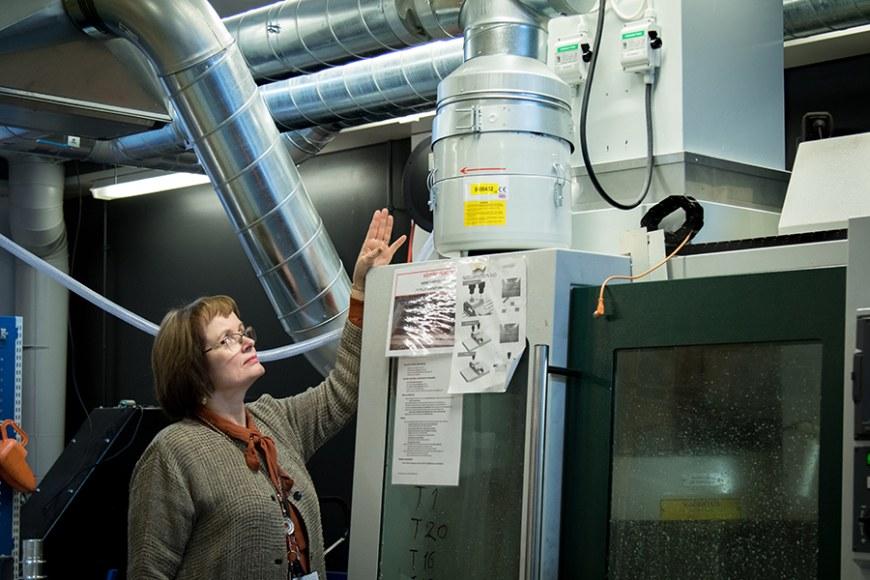
In the AerOff method, exhaust air of machine tools will be purified in such a way that it can be returned to the working area. The difference compared with other methods in the market is significant.
“Our method does not only remove particles but also gaseous combounds from exhaust air. The present-day air purification methods only use particle filters and gaseous combounds remain in the exhaust air returned to the working area,” tells Project Manager Pirkko Pihlajamaa from TAMK.
The need for a new purification method originated from large workshops, which need a more effective method for keeping the indoor air of machine rooms sufficiently good. Machine tools utilise numerous chemicals which have a detrimental effect on human health. Some of these compounds volatilise and are thus not captured by particle filters. In addition, the chemical composition of different machining fluids liquids varies a lot, which makes it difficult to assess the risk caused by the exposure. Therefore the Finnish Institute of Occupational Health has suggested a common component of processing liquids called alkanolamines to be used as the indicator for exposure. The Finnish Institute of Occupational Health’s target level for alkanolamines, 0.1 mg/m3, can be achieved with this new method.
According to Pihlajamaa there are more than 20,000 metal workers in Finland alone. In the rest of the world, significant number of employees work in machine tool environments and thus the problem is international. European air quality requirements for workplaces are also tightening.
The AerOff method has clear effects on the workshop air quality.
“Some workshop employees have symptoms even if based on measurements the average air quality is good compared with the limit values set for workplaces. To reduce absences due to sickness and increase productivity, the need for development is evident,” Pihlajamaa tells.
“At the moment there is no competing product with an equivalent aerosol management unit,” Pihlajamaa says.
During the Aerosol Management in Machine Tool Environments project, the AerOff method was productised and piloted. A related business plan was also made. The prototypes were manufactured at Koja factories in Tampere. Koja is an important cooperation partner of the project. Piloting has taken place at Sandvik factories in Lahti and Tampere.
Sensor technology has a significant role
The VOC sensor developed by the project has a significant role in the innovation. The sensor enables real time monitoring of the purification result. In her bachelor’s thesis, TAMK’s ICT engineering student Sonja Viinikainen studied applicability of VOC semiconductor sensors in following air purification results in machine tool environments.
“The sensor is now being piloted at Sandvik and we believe that it can also be used commercially,” Pihlajamaa says.
Tampere University of Applied Sciences’ students of different fields have participated in the project. A total of 11 bachelor’s theses or project assignments have been completed during the project.
The project was preceded by a research project of the Finnish Institute of Occupational Health, VTT and TAMK on filtration and return of exhaust air in machine tool environments. The project was funded by the Finnish Work Environment Fund.
The current project is funded by Business Finland, TAMK and the Finnish Institute of Occupational Health.
The Finnish Institute of Occupational Health participates in the Aerosol Management in Machine Tool Environments project through its parallel project, which focuses on risk management, occupational hygiene, exposure and accredited measurements.
Further information: Project Manager, Senior Lecturer Pirkko Pihlajamaa, TAMK, pirkko.pihlajamaa [at] tuni.fi, tel. 040 801 2695
